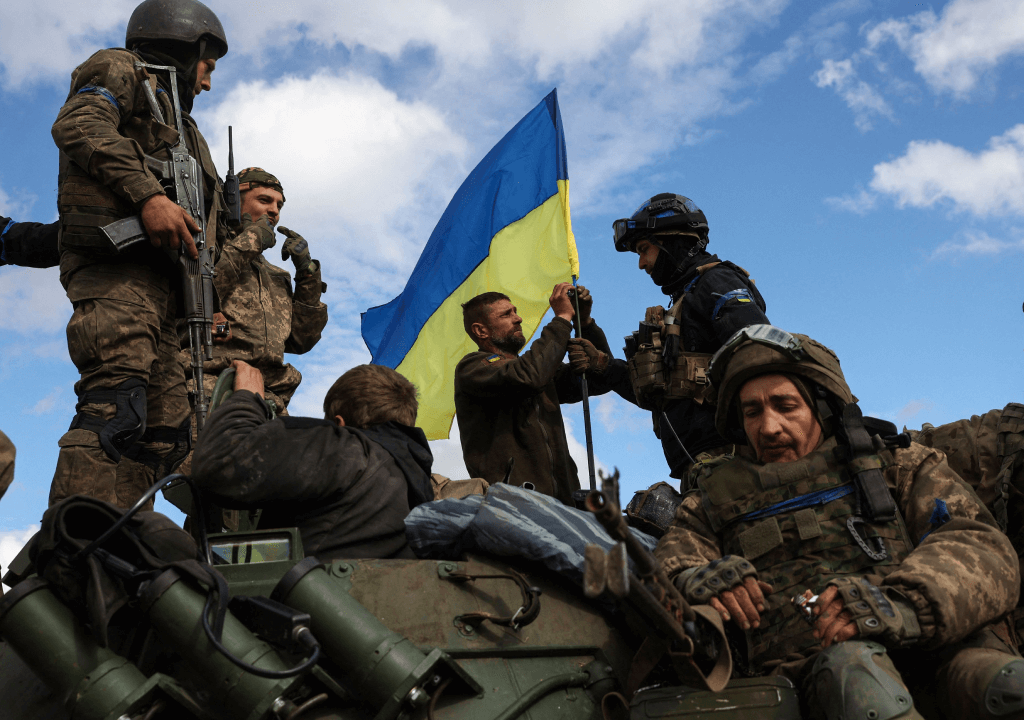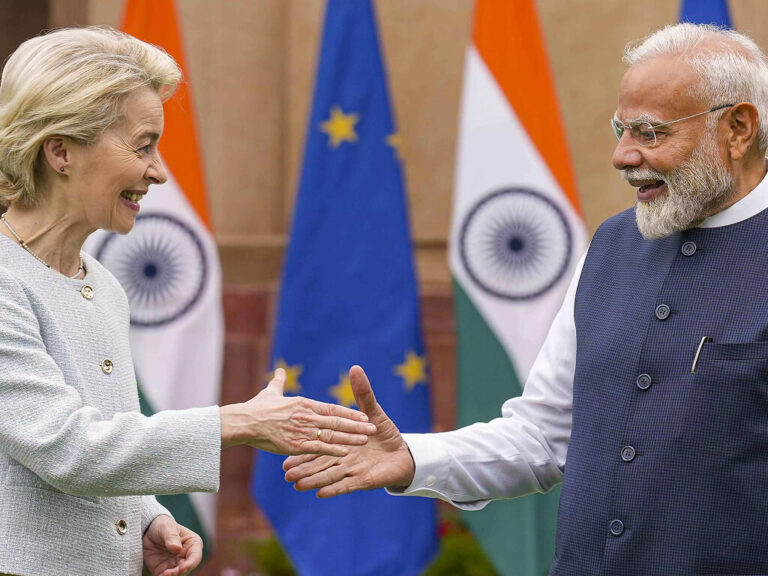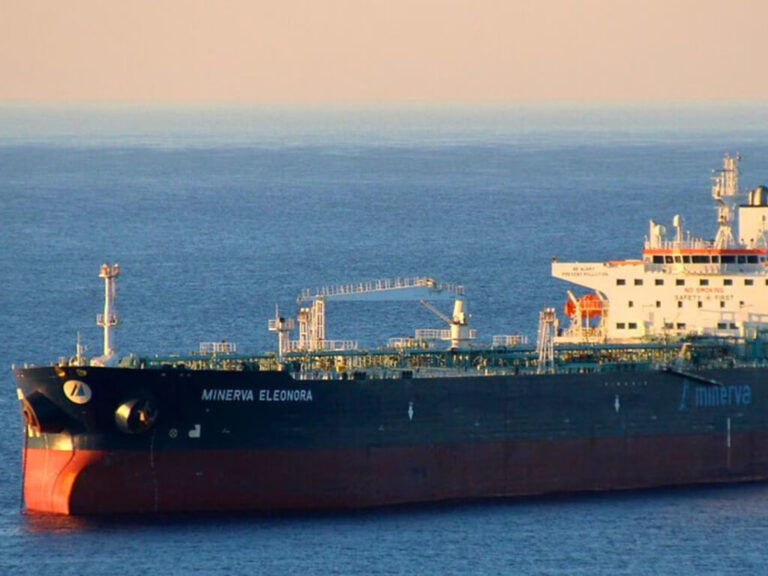While Russia began its full-scale invasion of Ukraine in February 2022, following a series of military operations that had previously annexed significant parts of Ukraine and involved multiple instances of intimidation, everyone expected that the mighty superpower, Russia – the heir to the great Soviet Union – under the strong leadership of Putin, would complete its objectives in a matter of months. It was widely assumed that they would overthrow the Zelensky government and erase any trace of Ukrainian identity from the earth. The initial momentum seemed to confirm this, as almost the entire coast of the Black Sea and the capital, Kyiv, were severely struck, with buildings reduced to rubble, people dying, and many fleeing the country. When the western cities of Ukraine were also attacked, many predicted that Russia’s victory was inevitable and Ukraine was doomed.
However, the Ukrainian soldiers, along with the government led by Zelensky, a former comedian determined to defy Putin’s ambitions, resisted fiercely. With full support from the United States and Europe, in the form of money and weapons, Ukraine forced Russia to retreat from the captured territories, including areas near the capital. Now, Russia finds itself confined almost entirely to the areas it had seized before 2022. In a remarkable turn of events, and perhaps the biggest blow to Russia, a superpower once considered capable of challenging even the United States, Ukrainian forces have begun entering Russian territory and capturing land. This has become a major humiliation for Russia. And yet, it still seems unbelievable – could Russia actually lose this war?
Ukraine’s top commander, Oleksandr Syrskyi, reports that his forces have captured 1,000 square kilometers of Russia’s Kursk region, a strategically important area for Russia. Footage has surfaced showing Ukrainian troops waving their flags on Russian soil, delivering a significant humiliation to the once-mighty Russia – Goliath brought low by David. After initial confusion, Russia acknowledged the attack. Alexei Smirnov, the acting regional governor of Kursk, estimated that Kyiv’s forces had taken control of 28 settlements in an incursion approximately 12 kilometers deep and 40 kilometers wide. While this is less than half of Syrskyi’s estimate, Smirnov’s statement represents a notable public admission of a major Russian setback more than 29 months after Russia launched its full-scale invasion of Ukraine. The claims made by both sides could not be independently verified.
Russian President Vladimir Putin acknowledged the situation and vowed a strong response to the attack, ordering his troops to dislodge the enemy from Russian territories. However, a week into the surprise assault, Russia is still struggling to repel the Ukrainian forces. Kyiv’s strategy of maintaining silence stands in sharp contrast to last year’s counteroffensive, which was widely anticipated for months and ultimately faltered against Russia’s defensive lines.
It is certain that Russia will fight back with all its force to reclaim its territory and will likely launch further attacks in Ukraine to restore its strong image. Although Russia is a nuclear power with a strong arsenal, it seems that something is amiss in the Kremlin. Decisions are not being made swiftly, and there appears to be a lack of planned moves or coherent strategy from the Russian side. The Kremlin seems confused and not in a sound state of decision-making. Wagner’s who made initial momentum are sidelined after they attempted a coup, leading to the death of their leader, and the shortage of weapons and manpower on the Russian side has become evident, while Ukraine continues to advance each day.
Even though we can’t predict who will win the war, analyzing the current situation suggests that the Ukraine war increasingly looks like a major blunder by Russia. Their economy has stalled, businesses have suffered, their superpower status is being questioned, and it now seems like Goliath is being humbled by David. From now on, Russia may need to respect Ukraine as a Slavic power capable of challenging the Russian Federation. Putin might start seeking a peace deal because they lack the manpower to deploy more troops to Ukraine and need to protect their vast country. Additionally, they don’t have enough funds to sustain the war effort indefinitely. If Ukraine continues to advance further, the Russian sphere of influence could collapse. There may even be secessionist movements within Russia if Moscow weakens, which would be easier in such a large country. Crucial times lie ahead for the Kremlin, and it is likely that the ongoing war will have a greater impact on Russia than on Ukraine.
The chances of an all-out war, as anticipated by Russophiles, now seem to be simmering down. It appears that Putin doesn’t have strong support from Russian authorities, and the image of Russia has been damaged. Kyiv’s current actions seem to be aimed at gaining a stronger negotiating position in potential talks to end the war and halt Moscow’s offensive in eastern Ukraine. However, one thing is clear: the United States and NATO’s strategy has proven effective. They avoided a world war and further empowered Russia, but Russia has been humbled. While Russia will not surrender, as doing so would mean the loss of its superpower status, it is now being forced into negotiations.








